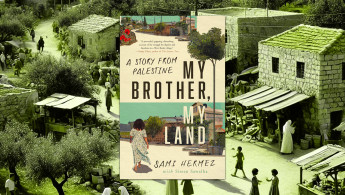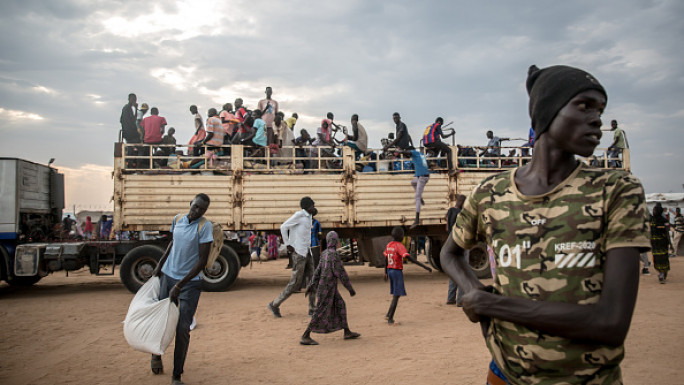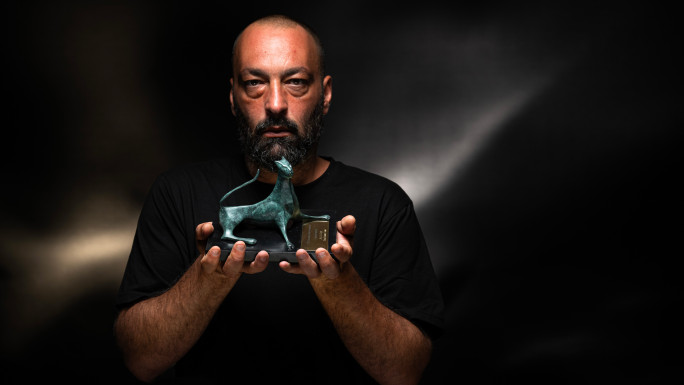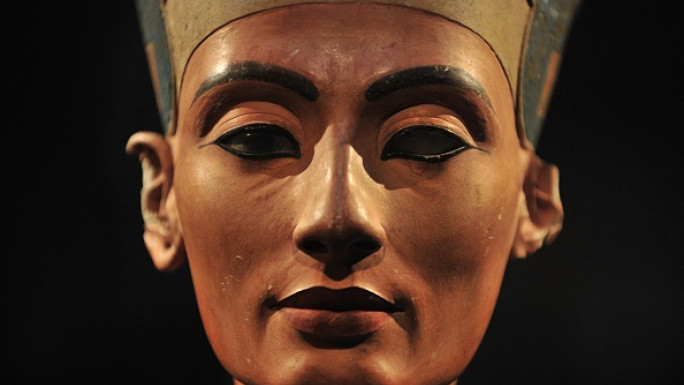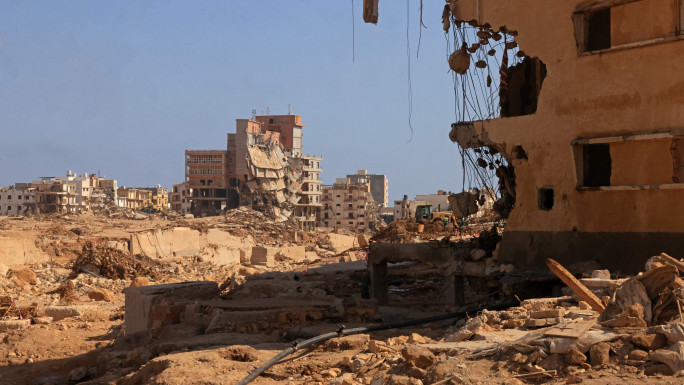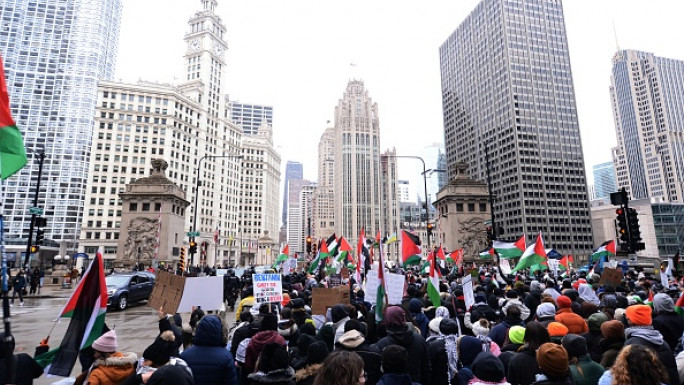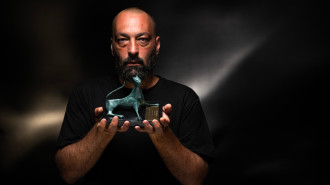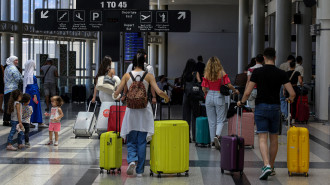My Brother, My Land: Personal stories of Palestinian resistance and return
In a harmonious collaboration at preserving oral history, Sami Hermez provides the space for Sireen Sawalha to tell the story of her family in My Brother, My Land: A Story from Palestine (Stanford University Press, 2024).
The title itself reflects the fact that there is no dividing Palestine from the people and their narratives.
“What I remember most from what my mother told me, is how people were walking in the opposite direction screaming at us to turn around,” Sireen reflects at the beginning of the book, narrating how her mother decided to remain in Palestine in the 1967 Naksa.
Sireen, who was just one year old at the time, reflects how expulsion and return remain entrenched in Palestinian memory, noting that “this moment is one many Arabs feel defined by and continue to return to as they did through the archaeology of loss.”
Hermez and Sireen piece together memories of childhood and adulthood, juxtaposed against the political background of events in Palestine and the Middle East, news reports and main events of the Palestinian resistance.
Having emigrated to the US, Sireen notes the difference between the West and Palestine in terms of education and information.
“Ignorance was a crime,” she muses about Palestinians who were avid readers and listeners of news, comparing it to the information abundantly available in the US and which is largely ignored.
As Israel entrenched its military occupation further and consolidated its presence through colonial settlement expansion, the book expounds on how the generational trauma of loss ultimately impacted the younger generation’s perspective of Palestine and anticolonial resistance.
“Promise me you will stand your ground should that time come,” Sireen’s father tells her three brothers.
Like a premonition, most of the book focuses on Sireen’s brother, Iyad, who gets involved in acts of resistance at times with calamitous consequences for Palestinian families themselves.
Imprisoned by Israel, Iyad becomes involved with the Palestinian Islamic Jihad, and the book then follows the trajectory of resistance, with all its intricacies and ramifications for close family members, as well as Iyad himself, who carves out a niche for himself hiding from the Israeli military while still finding ways to provide for his family and maintain his own personal life.
Sireen notes that despite her written pleas to Amnesty International when her brother was in Israeli jail, the international organisation was of no help.
The book describes the torture techniques used to break down Palestinian political prisoners, including the use of collaborators.
Both as a theme and as a Palestinian reality, collaborators are an integral part of this sliver of oral Palestinian history, portraying the mistrust among Palestinians themselves at the slightest suspicion of any person from their village seen as possibly benefiting from, or being close to, the Israelis.
Iyad’s political awakening happens as a young teenager during the first Intifada, shaping his perspective and actions, always within an anti-colonial perspective.
As the book gradually narrows down to Iyad’s story, narrated by Sireen and Hermez, the story is stripped of the usual glorification or demonisation that accompanies the Palestinian resistance.
Instead, the reader comes face to face with the planning and orchestrating of several resistance missions, including suicide bombing; the latter also brings into perspective the stories of those on the suicide bombing missions as well as their bereaved families.
There is no judgement but a bare demonstration of what the Palestinian resistance entails – to be fighting against a colonial power with the bare minimum because the international community consistently failed Palestinians.
The divide and stark contrast between Sireen and Iyad’s political perspectives is also highlighted.
Living in the US, Sireen’s experience of Palestine is mostly entrenched in memory.
Conversely, Iyad and Sireen’s family experienced the atrocities of the Oslo Accords first-hand, which did not match the diplomatic promise laid out for the world as a veneer for the ongoing colonial expansion.
As the Israeli military closes in on Iyad, the family is displaced from their house which the soldiers rigged with explosives to detonate in retribution for his resistance activities.
The meaning of return is given several dimensions in the book. Sireen’s mother’s decision to return to Palestine sets the scene for the unfolding events concerning her family, particularly Iyad, whose incarceration conceptualised return as a collective and cause for anticolonial resistance against Israel.
His sporadic returns to the family, until he is cornered in an unexpected military raid, is also symbolic of not leaving anyone behind, as well as the divergent paths a resistance fighter traverses between family and commitment to the cause.
The book is a poignant read and one that leaves much room for reflection.
The human element is brought to Palestinian resistance in a way that increases understanding, both of the acts, the humanity, and the people who deal with its ramifications through involvement or association and whether through family bonds or the community.
What is home, what is displacement, and what is return? For each lived experience, there is a separate story.
Hermez and Sireen have mastered empathy and memory to tell the story as a collective while allowing all voices to emerge.
Ramona Wadi is an independent researcher, freelance journalist, book reviewer and blogger specialising in the struggle for memory in Chile and Palestine, colonial violence and the manipulation of international law
Follow her on Twitter: @walzerscent
